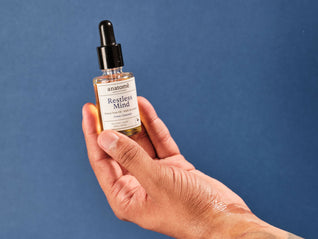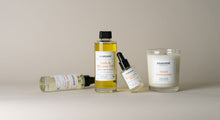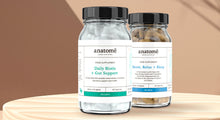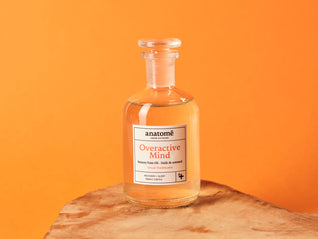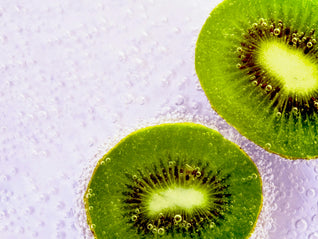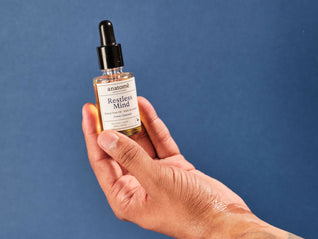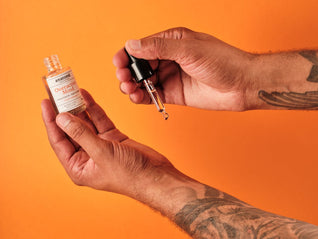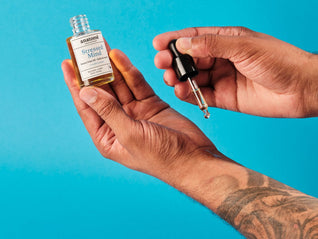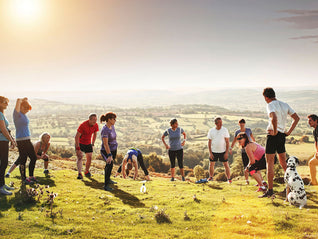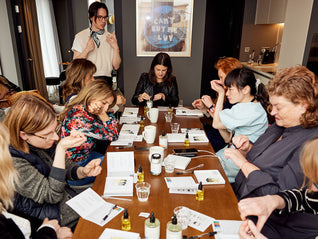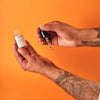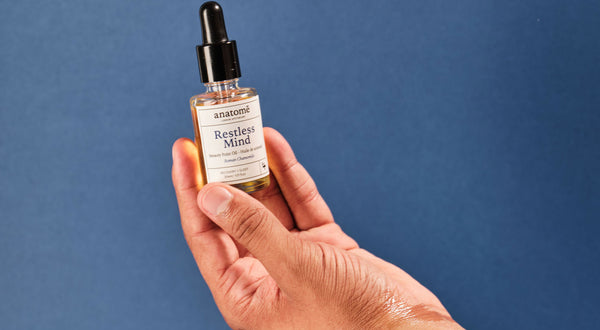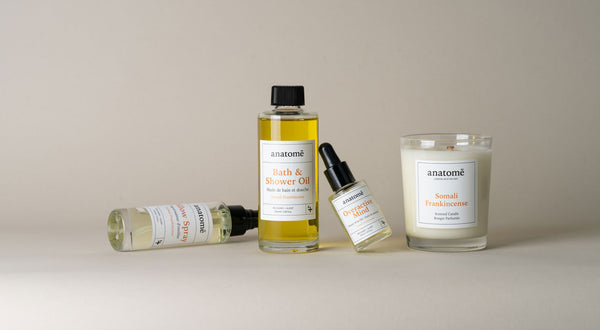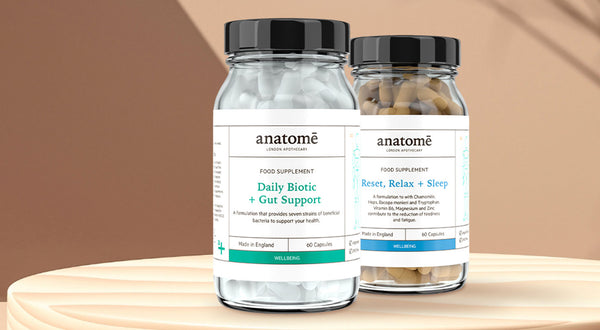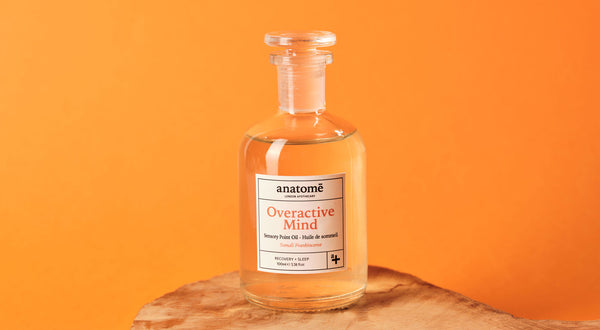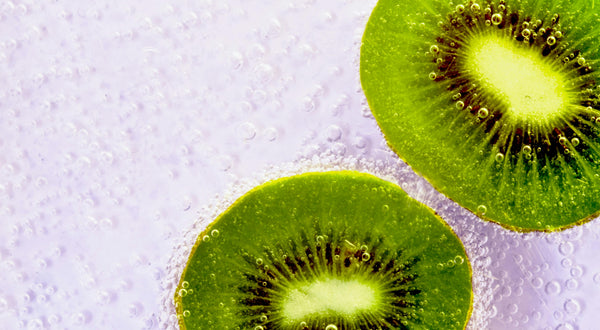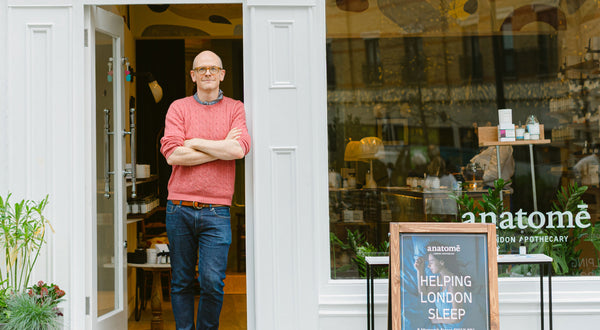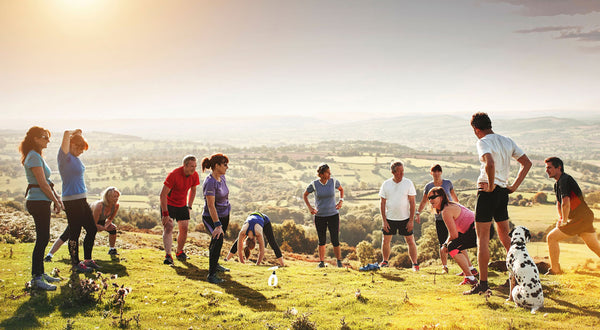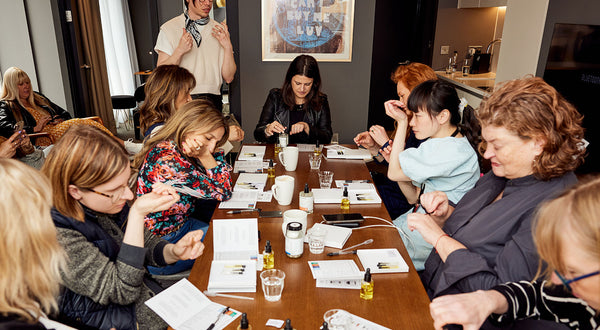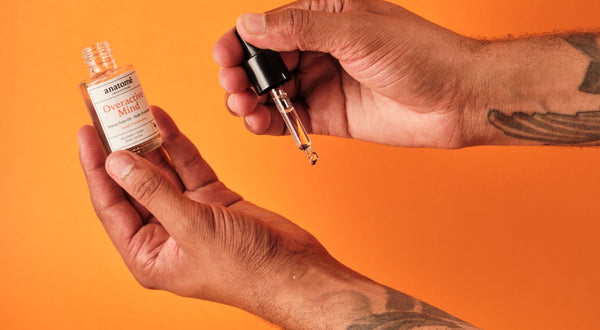Since last March, all of us have been wondering what we can do to keep well and keep our immune system healthy and there has been a lot of research and information emerging as we learn more. Nature published an article in the European Journal of Clinical Nutrition on nutritional recommendations during lockdown. The article not only reinforced the importance of nutrition itself, but also reinforced the importance of the lifestyle choices we make every day.

The boredom we’re experiencing during quarantine can lead us to eat differently than we usually would. This change from nutrient dense foods, like fruits and vegetables, to more immediate pleasure foods, like simple carbs and sugary treats, is disrupting the amount of nutrients we get. Micronutrients such as Vitamins D, A, E and C are directly involved in our immune response. However, one single nutrient is not more important than any other, so by reducing the amount of nutrients in our system, it can lead to weight gain and nutritional deficiencies that compromise the immune response.
Being quarantined inside means we aren’t getting as much time outdoors and are getting less sun exposure. A reduction in sun exposure reduces the production of vitamin D as a result of lower levels of 7-dehydrocholesterol (precursor of D3) in the skin. An adequate amount of vitamin D reduces the risk of developing several chronic diseases such as cancers, cardiovascular disease, diabetes mellitus, and hypertension that significantly higher risk of death from respiratory tract infections than otherwise healthy individuals. Vitamin D also protects the respiratory tract by preserving tight junctions, a barrier function of the lungs, killing enveloped viruses, and decreasing production of pro-inflammatory cytokines by the innate immune system, therefore reducing the risk of a cytokine storm leading to pneumonia.

Since we can’t get our vitamin D from being outside right now, it’s necessary to increase the amount we can get from our diet. Foods containing vitamin D include oily fish, liver, egg yolk and foods with added vitamin D (e.g., milk, yogurt) . If you are supplementing, as recommended by NHS, make sure you are taking Vitamin D3, the active form of this vitamin. The daily recommendation is 10 micrograms.
However, taking a lot of vitamin D will not make your immune system work better if you’re deficient in other vitamins. One vitamin or mineral is not more important than any other, they all work together to keep us healthy. The body is a complex machine and everything is connected. Try taking a multivitamin that contains vitamin D, instead of a single supplement to ensure that you’re getting the right amount of nutrients in your diet during this quarantine. For more information on the effects of vitamin D, check out this article by scientist Tim Spector.
